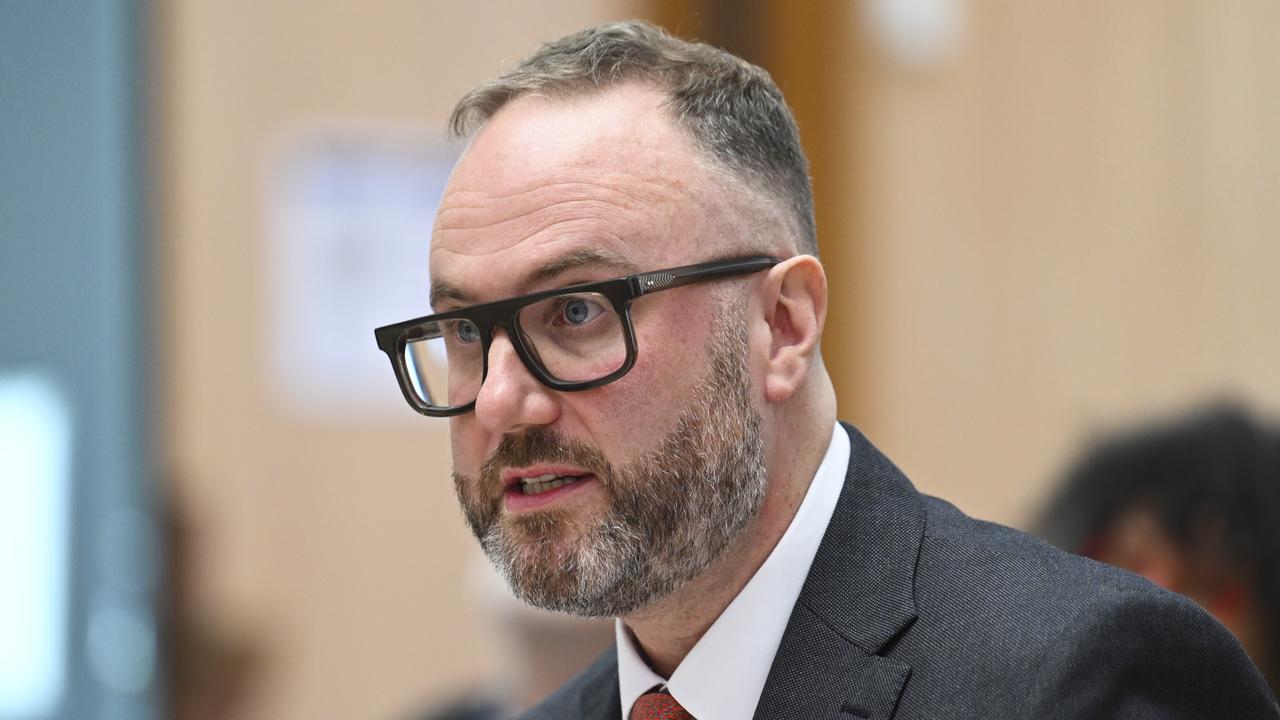
Universities are national assets, essential to our national prosperity. They are the foundation upon which Australia has grown to be a modern, forward-looking nation, acting as sources of innovation and enterprise that drive our progress and produce the skilled graduates who make our economy hum.
Australia’s universities have played this role for more than a century, and they have done it well. But in that period the context has changed, and the policy settings need to do the same to keep up with what a modern, forward-looking middle power needs to invest in our greatest assets – our people – and to thrive.
This is the opportunity the Accord presents, and universities have grabbed it with both hands. But why is the government reviewing higher education now? Historical context is important.
Driving then Labor Education Minister John Dawkins’ remodelling of higher education in the mid-1980s was the need for a highly skilled workforce. This meant expanding the sector to educate more skilled people capable of meeting the nation’s workforce needs.
By 2008, when higher education was next reviewed, the Dawkins reforms that turned colleges into universities and remade a system for the few into one for the many had largely achieved the original policy intent. Seventeen per cent of Australians aged over 15 held a university degree, up from five per cent in 1986.
Julia Gillard as Education Minister instigated the next review of higher education to ensure universities could continue to fulfil their crucial role in driving Australia’s prosperity.
The review, conducted by Professor Denise Bradley, found that current rates of attainment were not sufficient to meet expected demand and set a target of 40 per cent of young people having a university degree by 2020. In support of this goal, the government dropped caps on student places and adopted the demand-driven system.
The highly educated workforce Dawkins and Bradley delivered undeniably helped drive Australia’s 28 consecutive years of economic growth prior to Covid-19, reinforcing the fact that university-educated workers make our economy hundreds of billions of dollars bigger.
It also offered the golden ticket of a university education to a much larger number of Australians, making us stronger and increasing our ability to look over the horizon and tackle big challenges as well as seize big opportunities.
This brings us to today. The Accord is being developed against a similar backdrop to the Dawkins and Bradley era reforms.
Changes happening in our economy right now mean Australia needs more knowledge, not less, and more highly skilled workers to boost productivity gains and sustainable economic growth.
We live in a world where half of all the new jobs being created will require a university qualification. Jobs in health care, professional, scientific and technical services, and education and training – trusted professions you can’t enter without a degree.
Australia also needs more research and development to navigate the various multigenerational challenges before us, from the energy transition and health crises to geopolitical change and economic uncertainty.
Regrettably, we are entering this period at a time when Australian universities are increasingly financially vulnerable.
A decade of constant changes to policy and funding settings have resulted in caps on university places, confused market signals for students, the ditching of infrastructure investment and government investment in research falling to its all-time lowest share of gross domestic product.
This policy uncertainty has undermined our ability to plan and look ahead to what the future holds, and to simply get on with the job of educating the skilled workers and conducting the research Australia and all Australians rely on. This can’t continue.
Education Minister Jason Clare has asked what is needed to set the higher education system up for the next decade and beyond. We need policies that help rather than hinder our universities. We need stability and certainty.
This is the opportunity we, universities and government, have through the Accord.
An opportunity to properly and fully support the institutions that support our national growth.
An opportunity to acknowledge that the landscape in which universities operate has shifted, and the population they educate has changed significantly.
An opportunity to recognise that Australia and all Australians need more of what universities offer, either in the form of an education, the productivity gains they drive across the economy, or through the research they undertake to solve challenges and embrace opportunities.
An opportunity to go beyond Professor Bradley’s target of 40 per cent attainment to meet Australia’s future skills needs.
An opportunity to ensure we have a system that is fit-for-purpose as we educate as many mature-age students as school-leavers.
An opportunity to ensure we can keep adding to the traditional ‘start-of-adult-life-degree’ and offer a lifetime of educational opportunities to the full breadth of our citizens.
An opportunity to use our combined strength, government and universities together, to make the most of all our national talent and continue offering our world-class education to our region and beyond.
The Accord is an opportunity too good to miss, to work together, to serve the nation.
Catriona Jackson is the chief executive of Universities Australia.




Big policy reform moments don’t come around often, in higher education, or elsewhere. The Australian Universities Accord is such an opportunity – just the third serious review of our system in almost four decades.